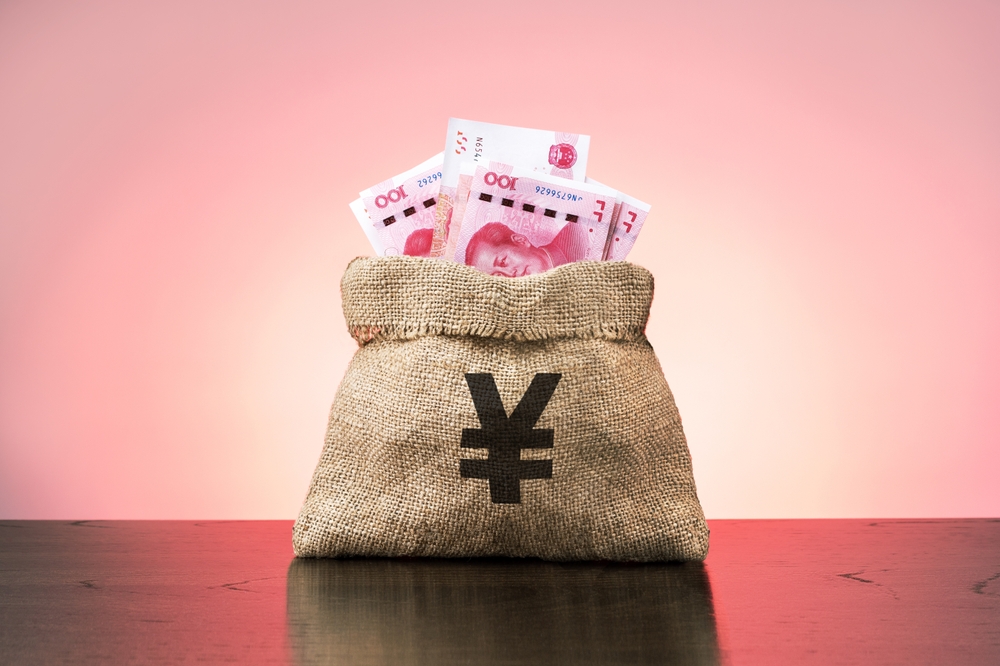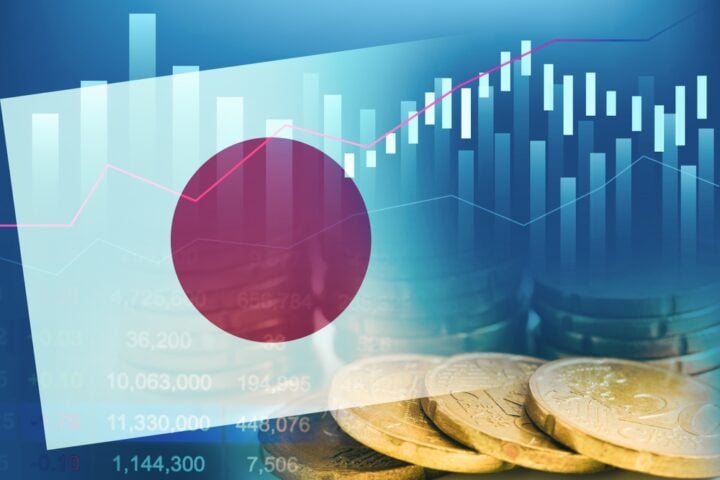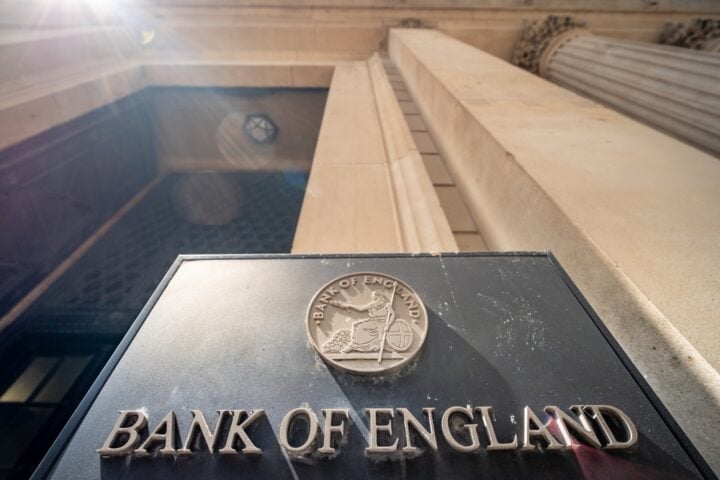PBOC Cracks Down on Dollar Buys to Support Yuan
China’s central bank is taking steps to prevent a sharp yuan decline as pressure mounts from new U.S. tariffs. Sources say the People’s Bank of China (PBOC) instructed major state-owned banks to reduce U.S. dollar purchases for their own accounts and tighten scrutiny over client transactions. The goal: curb speculative trading and ensure yuan stability.
State Banks Act to Slow Yuan’s Slide
Big banks were reportedly seen actively selling dollars and buying yuan in the onshore market on Wednesday. The offshore yuan had hit a record low overnight, while the onshore yuan was down 1.3% this month, trading at 7.35 per dollar. Following the PBOC’s move, the onshore yuan rebounded about 50 pips, with the offshore yuan recovering around 120 pips.
Central Bank Rejects Sharp Yuan Devaluation
Despite economic strain from rising tariffs, PBOC insiders say China won’t allow a major depreciation of the yuan. “A sharp depreciation will not happen as that could hurt market confidence,” a policy adviser said. However, a modest decline is still seen as beneficial for Chinese exports.
China Prioritizes Financial Market Stability
Stability remains the top priority. The PBOC’s informal guidance is aimed at maintaining control over the dollar-yuan exchange rate amid escalating trade tensions. Analysts warn that a weaker yuan could help exports but risk capital outflows and financial instability if the drop is too steep.
Midpoint Guidance Signals Policymaker Intent
This week, the PBOC allowed its midpoint fixing rate — the anchor for the daily yuan trading band — to weaken past a key level for the first time since 2023. Analysts like Christopher Wong from OCBC Bank suggest this signals policymakers’ intent to manage, rather than aggressively devalue, the currency. “We would continue to monitor the daily fixing trend for indication of policymakers’ preference,” Wong said.
Tariffs Deepen Trade War Tensions
President Trump’s “reciprocal” tariffs, including 104% duties on Chinese goods, took effect Wednesday, intensifying the global trade war. In response, China is exploring supportive measures for exporters, including tax rebates and subsidies, alongside currency interventions to stabilize the yuan.







